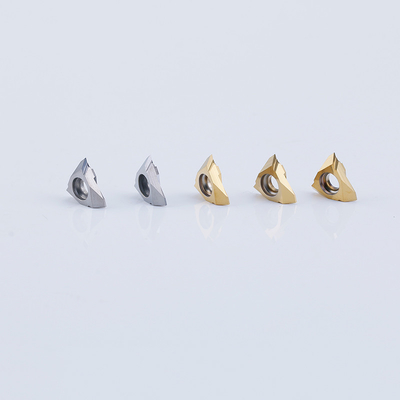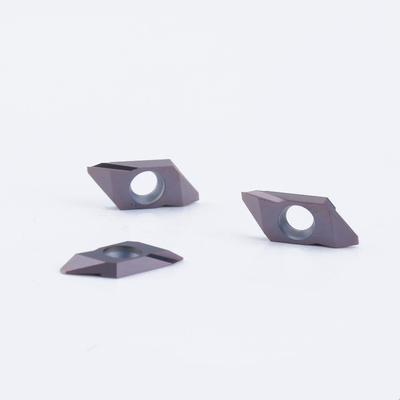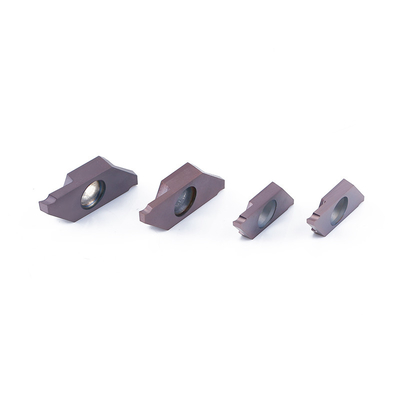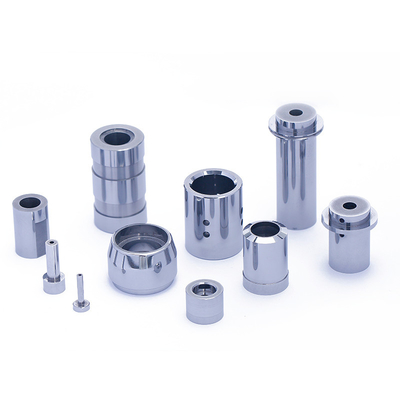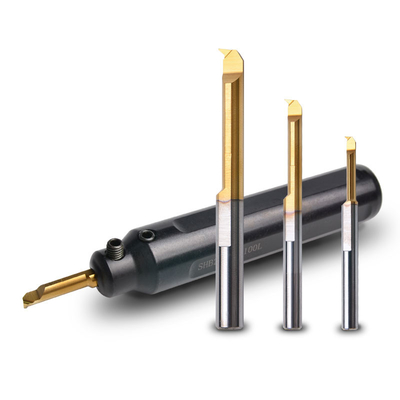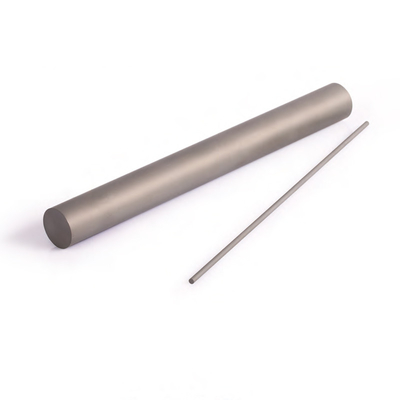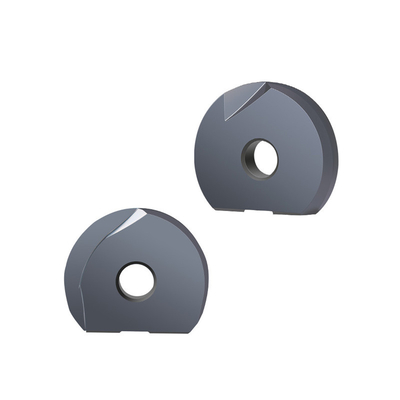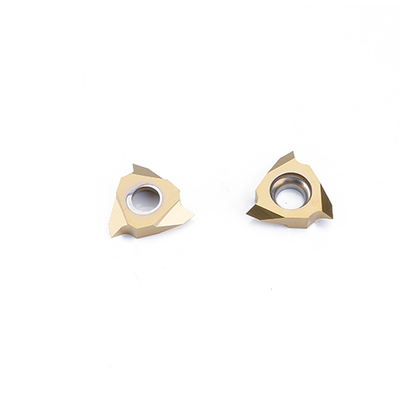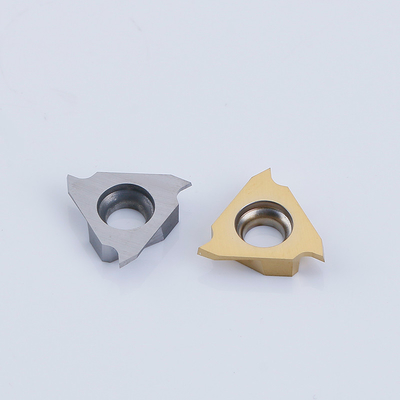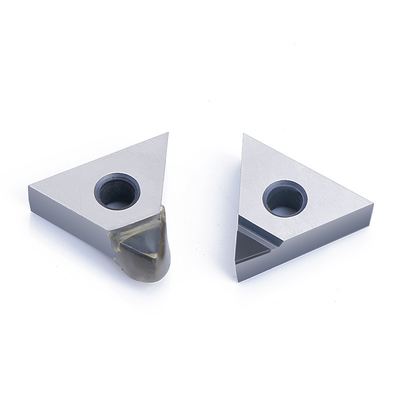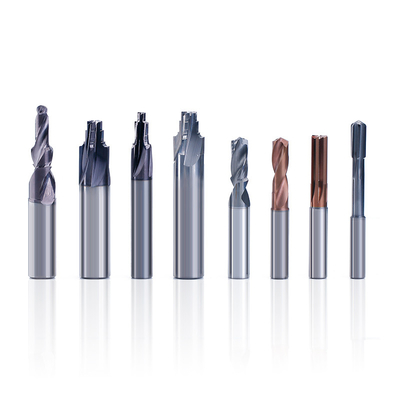Tungsten Carbide Punch Dies for Automotive Industry High Precision Wear Resistance Customizable
Application Field
Punch dies for the automobile industry require high accuracy, exceptional wear resistance, and high impact strength. For this reason, tungsten carbide is selected as the optimal material for automotive dies. Several types of molds are used in the automotive sector, including:
- Forging Molds: Used for automotive components processed by hot forging, cold forging, and precision forging.
- Fastening Products: Essential for various automotive applications.
- Precision Spring Tools: Employed in the production of springs used in automotive systems.
- Precision Gear Parts: Various molds for producing precision gear components for automobiles.
Product Details — Carbide Die for Automobile
- Surface Roughness: RZ ~ 0.2 µm / F1.0 mm/min
- Accuracy: ±0.001 mm
- Customization: Fully customizable. There is no standard stock for this series of products; only non-standard orders are accepted. Please attach CAD or 3D drawings with your inquiry. Thank you!
- Suitable Materials: Tungsten carbide, ceramic, and HSS, with properties as follows:
| Material |
Material Properties |
| Carbide |
Cemented carbide is a powder metallurgical composite consisting of one or more hard material phases (e.g., tungsten carbide) and a binding material (e.g., cobalt). It is extremely hard, characterized by high wear resistance and thermal stability, making it suitable for various applications that require wear-resistant tools or components. Although it is more challenging to machine and has a higher material cost compared to die steel, its service life is often several times longer. |
| Ceramic |
Ceramic materials exhibit excellent high-temperature resistance and are crucial for applications operating continuously at temperatures ranging from 180 °C to over 1200 °C. Compared to metallic materials, oxide ceramics are particularly resistant to chemical attack, especially in acidic and alkaline environments. Common types include alumina, zirconia, silicon carbide, and silicon nitride ceramics. |
| HSS |
High-speed steel (HSS) offers superior abrasion resistance and toughness for general applications. It is primarily used in small batch production or in fields that require high material toughness. |
Involve Machining Technology:
- Involve Production Technology: Cylindrical grinding, internal circular grinding, optical profile grinding, flat grinding, thread machining, middle speed wire cutting, low speed wire cutting, mirror discharge machining and so on.

Why Choose Us
- Advanced Technology: We can quickly form complex shapes and various structures while maintaining precision.
- Efficient Processing: Our short production cycle and rapid delivery ensure that shipments adhere to scheduled delivery dates.
- Product Quality: We guarantee consistent quality with high accuracy of up to ±0.003 mm.
- Confidentiality System: We implement triple confidentiality measures to protect your information. If needed, we can sign a Non-Disclosure Agreement (NDA) for added assurance.
- High-End and Fully Equipped: Our outstanding processing capacity includes multiple production lines, advanced equipment, and professional supporting facilities.
- Cost-Effective: Our reasonable design and material selection allow us to offer competitive pricing, helping you secure favorable prices for products of the same quality level.
Kinyet is dedicated to the research and development of tungsten-related materials. By continuously introducing new technologies and increasing investments in high-end production equipment, Kinyet provides mold solutions with an exceptional quality-to-price ratio, featuring high precision, longer tooling life, and cost-effectiveness. We are excited to announce our merger with Drow; together, we believe we will create even better products for consumers in the future!


Quality Criteria
- Wear Resistance
- Precision
- Corrosion Resistance
- Impact Strength
- Toughness
- Modulus of Elasticity and Rigidity
- Transverse Rupture Strength, etc.
FAQ
Q1: Do you produce special punch molds or punch die components?
A: Yes, we specialize in customized mold fabrication and can translate the most complex punch die concepts into reality. Our punch mold components are designed and tailored for various demanding applications and materials.
Q2: Do you accept low volume for sample orders? What’s your MOQ for customization?
A: Yes, we do. For sample orders, we accept a minimum order quantity (MOQ) of one piece. Please attach CAD or 3D drawings with your inquiry. The sample lead time is 10–15 days, and it can be negotiated for other special requirements.
Q3: What is your preferred delivery method?
A: We will provide the best transportation service based on customer requirements.
Q4: What are your payment terms?
A: We require a T/T payment structure of 30% as a deposit and 70% balance before delivery. We will provide photos of the products and packaging before you pay the balance.
Q5: What products can you buy from us?
A: We offer carbide inserts, carbide end mills, carbide drills, carbide boring tools, cutting tools, and customized carbide precision molds.
Q6: Do you offer OEM and ODM services?
A: Yes, we do. With over 10 years of experience in OEM services, our professional R&D team is dedicated to designing products that meet various customer demands. They can provide expert advice and solutions tailored to your needs.
Q7: Do you test all your goods before delivery?
A: Yes, we conduct 100% testing before delivery. Our production process adheres to ISO 9001 standards, ensuring rigorous inspection and strict quality control.
Q8: Can you send products to our forwarder in China?
A: Yes, if you have a forwarder in China, we would be happy to send the products to them.

 Your message must be between 20-3,000 characters!
Your message must be between 20-3,000 characters! Please check your E-mail!
Please check your E-mail!  Your message must be between 20-3,000 characters!
Your message must be between 20-3,000 characters! Please check your E-mail!
Please check your E-mail! 
